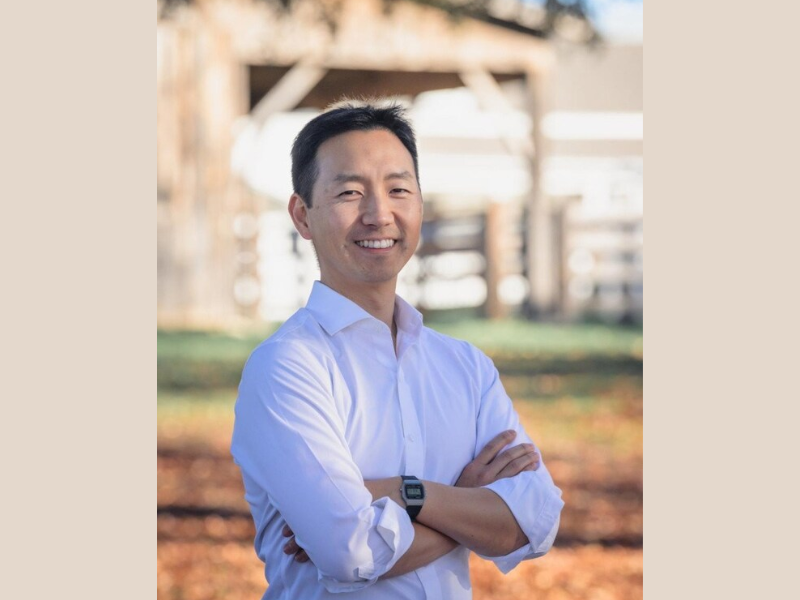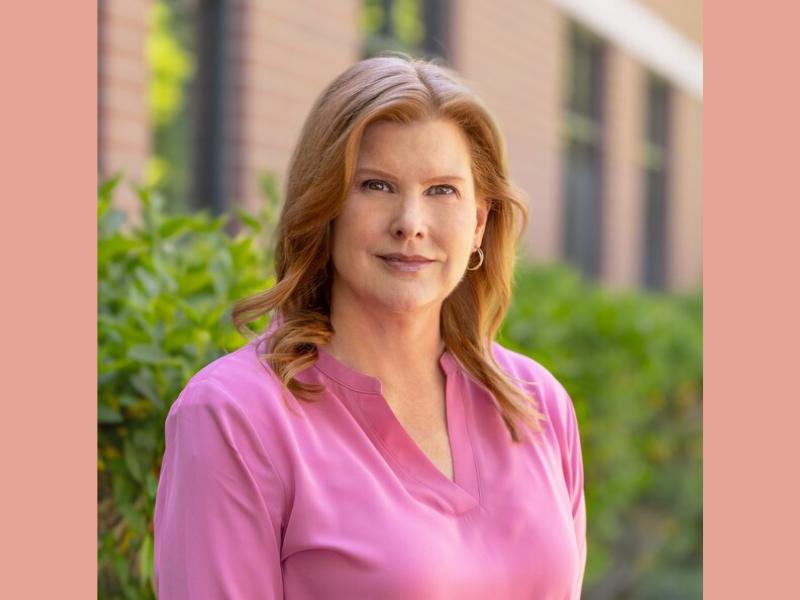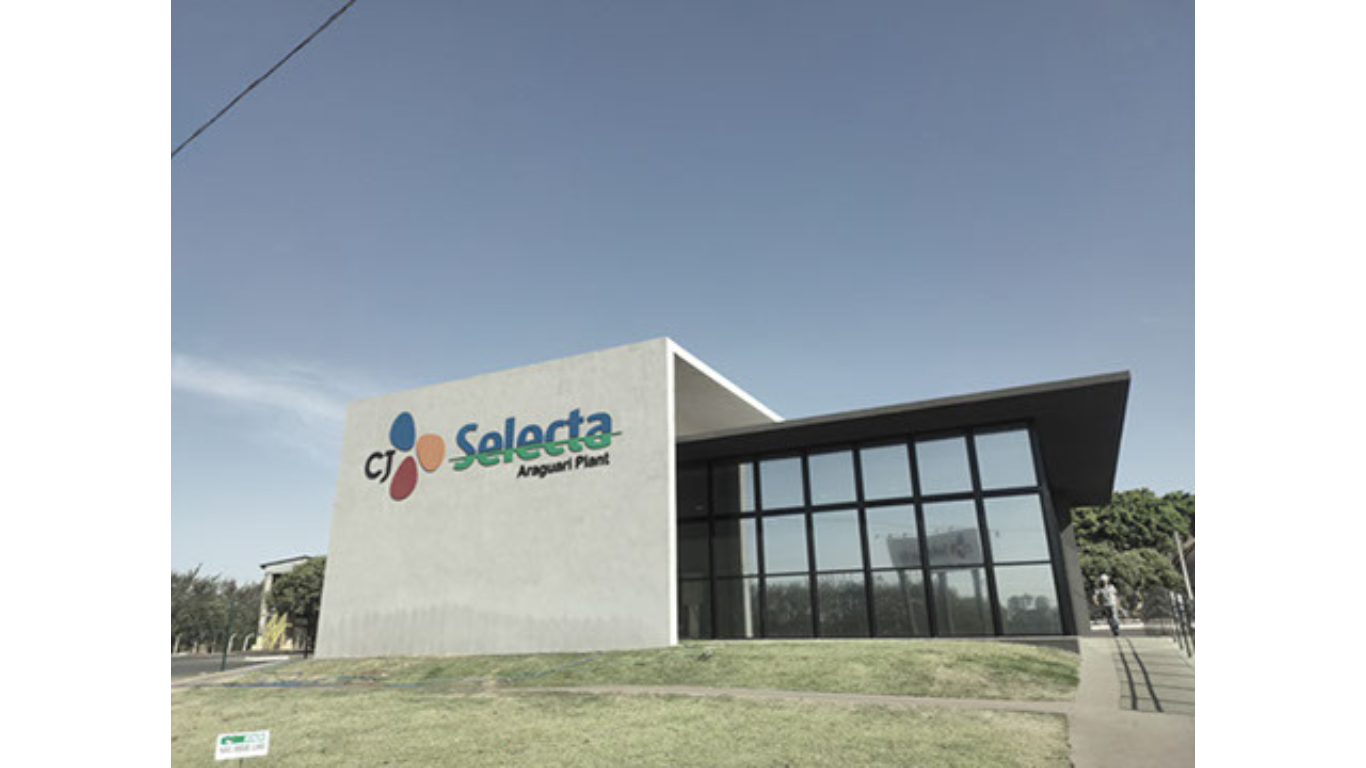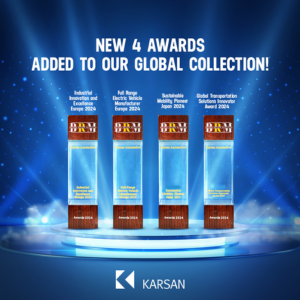CJ Selecta, the Brazil-based Soy Protein Concentrate (SPC) producer and a subsidiary of South Korea-based CJ CheilJedang, announced on April 5 that it would no longer purchase any soybeans from the Amazon rainforest starting this year. This decision comes just two years after the company declared itself “deforestation-free” in 2021, achieving the goal ahead of schedule. Initially, the commitment was set for 2025, but the company managed to accomplish it early on by gradually reducing its soy purchases from the Amazon region.
CJ Selecta’s Seed Project, launched to replace soybeans sourced from the Amazon, has seen a steady increase in participation, with around 200 farmers currently engaged. The program provides seed and financing to Brazilian farmers outside of the Amazon forest, and commits to purchasing their entire soybean harvest.
CJ Selecta has been focused on building a virtuous cycle in which soybeans purchased through the Seed Project can be repurposed after processing. This involves utilizing CJ’s fermentation technology to reprocess the byproducts from the processing of the SPC into environmentally-friendly specialty fertilizers and bioethanol. These serve as sustainable alternatives to conventional chemical fertilizers and the gasoline used as fuel for automobiles, respectively.
The company aims to reduce its carbon emissions in the entire SPC production. In particular, further cut-down in carbon emissions from inland transportation is expected by shifting its soybean purchases to Minas Gerais, where CJ Selecta is located.
CJ Selecta is committed to extending ESG management efforts beyond its own business sites into the wider value chain including its supply chain and partner companies (Scope 3 emissions). At the end of last year, CJ Selecta began supporting farmers in obtaining an international certification from RTRS (Round Table on Responsible Soy Association), a non-profit organization based in Switzerland. RTRS certifies that the soybeans have been produced and transported in an environmentally-responsible manner. This year, the volume of RTRS-certified soybeans is expected to increase by 30 percent from last year, amounting to 60,000 tons.
In addition, CJ Selecta has also created an “agrosatellite” system that guards against and prevents any intake of soybeans that do not comply with its ESG policy in the purchase of regular soybeans. This system monitors farmland for any potential illegal activities related to soybean cultivation. The Soy Trace app allows customers to also track the entire process of soybean production from harvest to warehouse, ensuring higher transparency and traceability throughout the supply chain.
CJ Selecta’s commitment to the environment has inspired its global customers to join the effort. Companies such as Unilever and Nestlé have recognized the environmental value of CJ Selecta’s deforestation-free soybean oil and pledged their support for environmental protection activities. In fact, CJ Selecta was selected as the winner of the sustainable impact category at the Partner with Purpose Award hosted by the multinational giant Unilever in the UK on March 29.
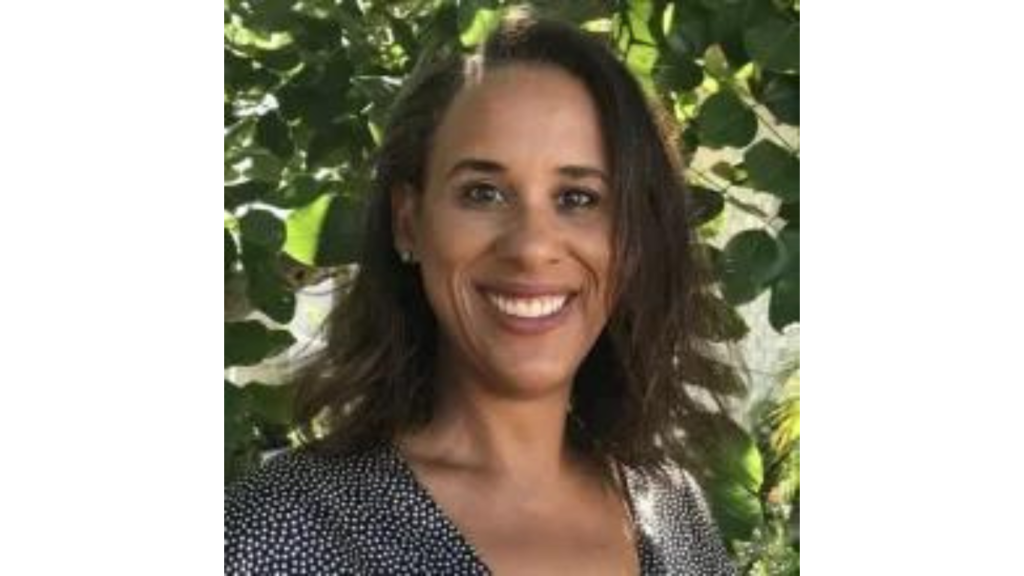
“CJ Selecta is committed to meeting the growing demand of multinational players for ESG-certified products and to aligning with the environmental policies of Europe, our major export market,” said Patricia Sugui, ESG manager of the company. “We will continue to advance our ESG management initiatives to create a circular economy where markets operate in a virtuous cycle that promotes sustainability with eco-friendly products.”
CJ Selecta is the number one global producer of SPC based in Brazil. SPC is primarily used as a feed ingredient for aquaculture and is gaining attention as a future replacement for traditional fish meal. CJ Selecta is maintaining its total carbon footprint below one-third of the average for Brazilian soybean processors across its entire value chain from soybean cultivation to SPC production and product delivery to customers.
Interested to learn more information on soybeans and plant related food? Then please visit:
Exploring Exotic Flavours: Plant-Based Culinary Adventures around the Globe
Nectar of Life: Going Vegan and Adapting Lifestyle Sans Dairy Products



